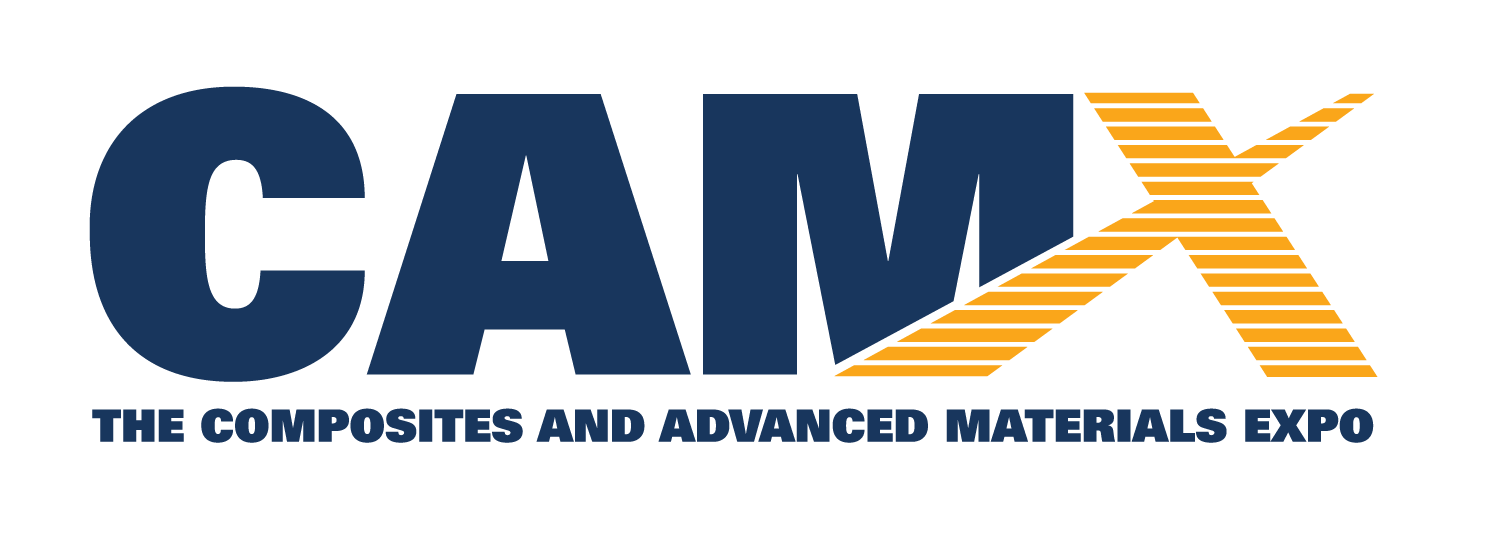Conference Tutorials
Conference tutorials provide a collaborative learning experience that allows attendees to take a deeper dive into the topics that are most interesting to our industry. These classes connect attendees and instructors for practical, in-depth learning, with demonstrations, hands-on materials, and case studies.
Mastering Material Reliability: Statistical & Physical Failure Analysis
Monday, September 8th | 9:00 am – 12:00 pm
This tutorial explores how material failure can be predicted using statistical methods and physics-based analytical models. Learn how probability distributions and failure mechanisms—such as debonding under high temperatures or corrosive conditions—combine to drive material degradation. The session will include case studies, illustrating how these principles apply to advanced materials, and attendees will gain a strong foundation in failure prediction, from fundamental statistical approaches to physics-based modeling, equipping them with the tools to analyze and anticipate material performance under real-world conditions.
Presented by Dr. Felix Chen| Reliability Manager, Kymeta Corporation

NDT of Composites and Advances in Manual Scanning Equipment
Monday, September8th | 1:00 pm – 4:00 pm
Nondestructive testing of composite materials has evolved over the years from using traditional single-point ultrasonic flaw detectors and transducers, to updated array and automated instruments that have powerful a, b, and c scan capability. The manual inspection of composite laminates and bonded structures still has detection concerns compared to fully automated scanning systems and this includes reliability, consistency, interpretation, and human factors. This tutorial will explore composite laminate and bonded structures and the typical defects that can occur in them. We will review traditional single-point ultrasonic testing and discover more modern phased array and linear array test equipment.
Presented by:
John Register | President, R-CON NDT Inc.

Hybrid Composite Materials: Innovations in Design & Manufacturing
Monday, September 8th | 9:00 am – 12:00 pm
The future of composite materials lies in hybridization—combining distinct materials and manufacturing processes to achieve superior performance. This tutorial explores the latest advancements in hybrid composites, including hybrid fiber reinforcements, matrix systems, and integrated manufacturing techniques. By bridging traditional processes with emerging technologies like additive manufacturing, hybrid composites unlock new possibilities for strength, durability, and lightweight design. Attendees will gain insights into cutting-edge research and industrial progress, understanding how hybridization optimizes material properties and production efficiency. Whether you're an academic researcher or industry professional, this session will equip you with the latest knowledge to drive innovation in composite materials.
Presented by:
Dr. Vipin Kumar | R&D Staff Member, Composites and Fiber Manufacturing

UV Curing for Composites: Faster, Cleaner, and More Efficient Manufacturing
Monday, September 8th | 1:00 pm – 4:00 pm
UV energy curing is a powerful yet often underutilized technology in composite manufacturing. Offering rapid cure times, improved productivity, extended pot life, and low-VOC formulations, UV curing enhances both efficiency and sustainability. This tutorial provides a comprehensive introduction to UV curing for composites, covering its benefits, applications, and integration into manufacturing processes. Attendees will gain the knowledge needed to evaluate and implement this technology, optimizing their operations with energy-efficient, on-demand curing solutions.
Presented by:
Dr. Jonathan Shaw | Technical Service & Business Development Manager, Allnex USA



